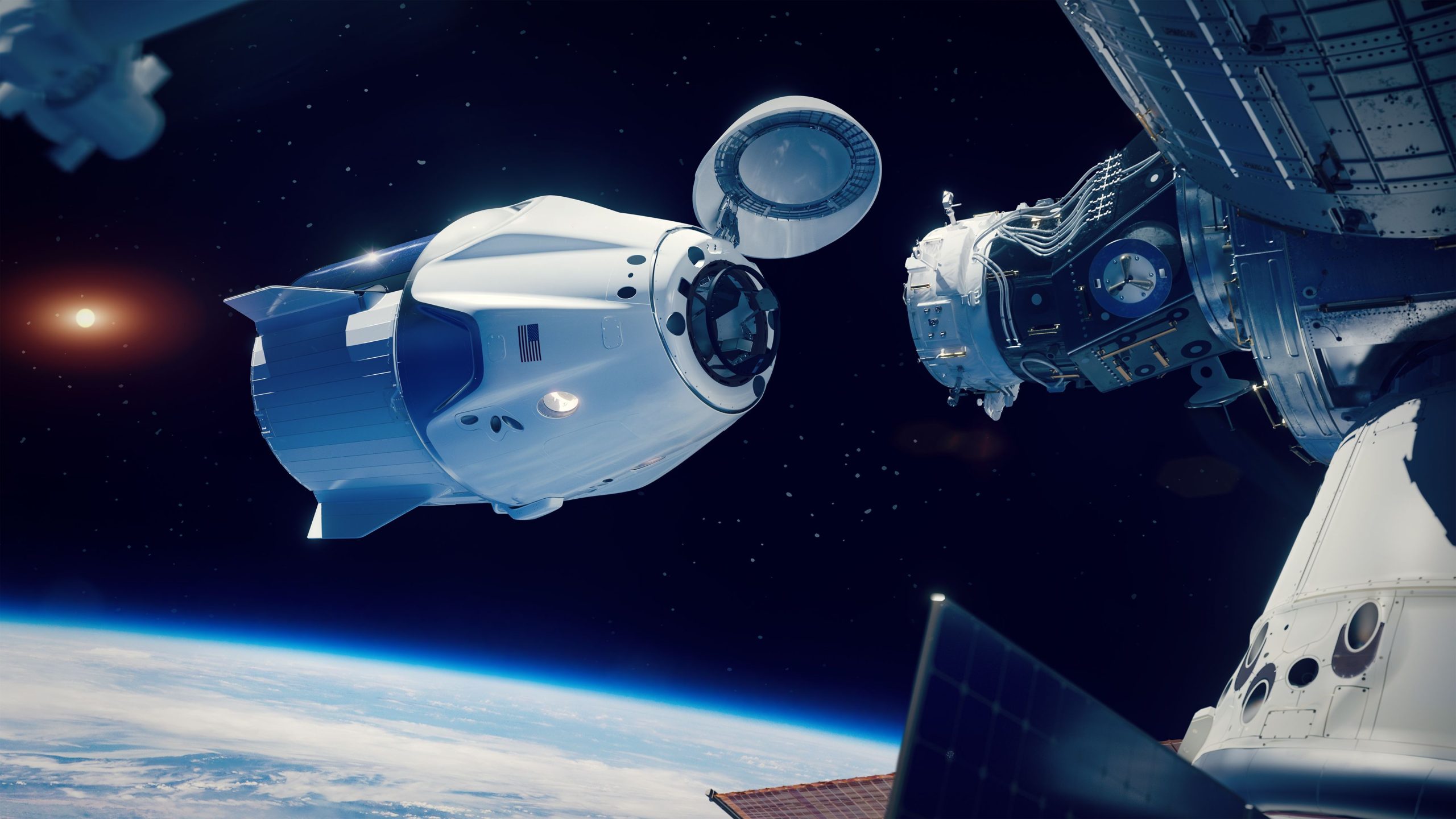Liverpool University researchers, in conjunction with the UK Space Agency, will today see the beginning of their exploration into ageing by sending laboratory grown human cells on the latest SpaceX taxi to the International Space Station. This is only the second UK led scientific mission to the space station and it is hoped that it will provide a valuable insight into how we age.
As we have discussed in earlier articles, it is a well-known fact that as we age our muscles lose their mass and ultimately strength. Whilst there are many things we can do to help optimise the health of our muscles, it is still an issue for many, not unlike astronauts who see the debilitating effects of muscle loss on their return to earth after a lengthy stay in space.
So, what are the researchers aiming to get out of this latest sojourn into space? Well, according to the team, they are hoping to improve our understanding of why our muscles lose their strength and then armed with that knowledge hopefully better target ways to counter and prevent age-related muscle wastage and disease. This has the potential benefit of not only improving how we age, but also enabling the NHS to redirect the billions of savings and resources to other priority areas.
For some people, muscle ageing can have a material effect on their ability to carry out normal everyday tasks and can also lead to an increased risk of trips and falls, as well as increasing the convalescence time from operations or after an injury.
The UK’s Science Minister, George Freeman, said, “By harnessing the unique environment of the International Space Station our pioneering scientists could help us all live healthier, stronger lives.”
In The BoldAge office we were looking for some suitable quotes to go alongside this article and came across this one from, astronaut, Neil Armstrong “Mystery creates wonder and wonder is the basis of man’s desire to understand.” As boldies we have our fingers crossed that this research provides the scientific community with all the ammunition they need to better understand the impact of ageing on our muscles and how we can tackle some of the key degenerative musculoskeletal conditions and support post op recovery times.
